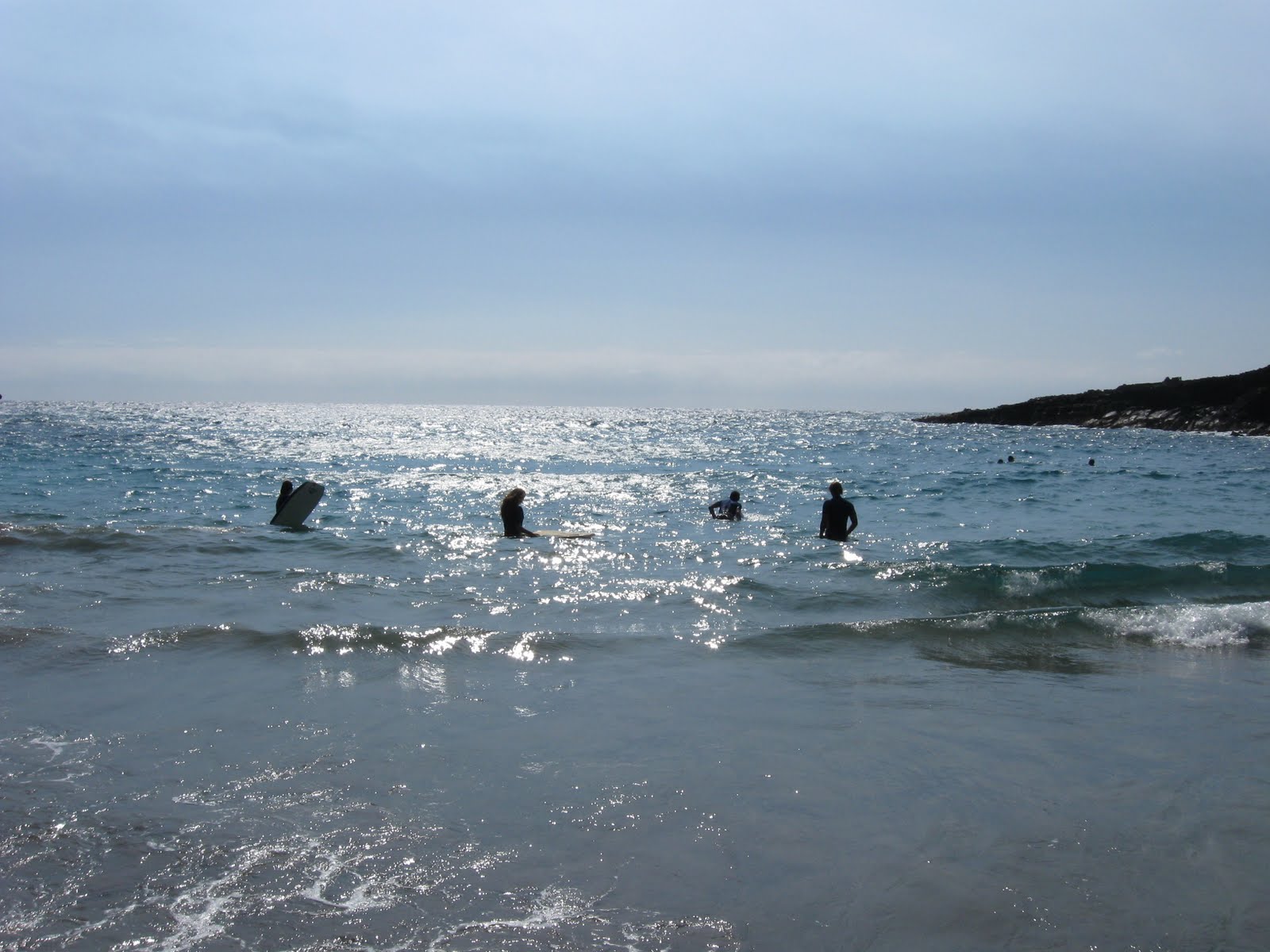How does being “plugged in” effect well being and brain functioning? This question was first posed as televisions began sprouting in family living rooms across the US. Next, desk top computers and the world wide web raised alarm as more and more people were being drawn to the computer screen. As desktop computers become more of a relic, personal laptops and cell phones serve as connectivity vectors, always at reach in ones hand bag or pocket. “Plugging in” is not exactly optional anymore – it is mandatory for many. We are plugged in all the time- as blackberries and Iphones constantly buzz with new alerts. Ironically, we are faced with the same questions that was asked 50 years ago about the television – how much is too much and what are the societal and individual implications?
While it is impossible to deny the extensive benfits of increasing accessibility to the world wide web, we should also consider some of the drawbacks. As social networking, business, and day to day life merge on lcd screens in peoples hands, the implications on brain functioning and emotional well-being aren’t clear. As parents, educators, and role models it is our responsibility to question the direction of the technological revolution.
What is the effect of the growing incidents of texting, gaming, social networking in children and teens? What does living with this sense of convenience and urgency do to levels of anxiety and depression? What are the psychological benefits and reprucussions from being “plugged in?” Does it benefit people to “unplug?” This effects of being plugged in on psychological development and health warrants objective research.
An article titled “Outdoors and out of reach, studying the brain,” was published on August 15, 2010 in the New York Times. The article is interesting because it challenges brain scientists to unplug for a week of rafting in the wilds of Utah. They do not conduct any empiracal studies, however, many good questions arise regarding people’s increased connectivity and challenges some of the scientists biases as well. It seemed that each of them found nature to be healing and revitalizing.
This topic is of particular interest to me as I have a special affinity for unplugging. While I cannot empirically prove how it improves my well being or psychological health, I can observe my own emotional and mental state. I have increasingly become more plugged in over the past year, owning my first blackberry now for a little over one year. This is the longest I have been plugged in, as cell service in Hawaii extends to almost every shoreline. I have twice hiked to a remote valley called Waimanu where the long fingers of cell service still cannot reach. I also took three days to do a vision quest that allowed me to unplug. It has been a fascinating transition to being plugged in, similar to how they describe a frog reacts to water that starts as cold and is slowly brought to a boil. The frog doesn’t feel the water getting hot and thus won’t jump out of the water. I haven’t noticed that being plugged in has affected me, yet I haven’t really unplugged to gain contrast. I used to unplug nearly every weekend for climbing expeditions in the cascade mountains. Even then, unplugging was turning off my cellular phone that looked like a fossil – even in that day.
As I prepare for a trip to the cascade mountains at the end of the month I look forward to unplugging for 5 days. I will take my journal and track how each day unfolds.
The question of unplugging extends to the adolescents of Pacific Quest. What is their experience of unplugging? How does it benefit them to not have access to computers and cell phones? What are the effects of having to dig ones hands into the soil or play in the ocean versus type a text message on a keypad? With the outcomes that we are seeing from our students, I would speculate that the benefits are extraordinary.
